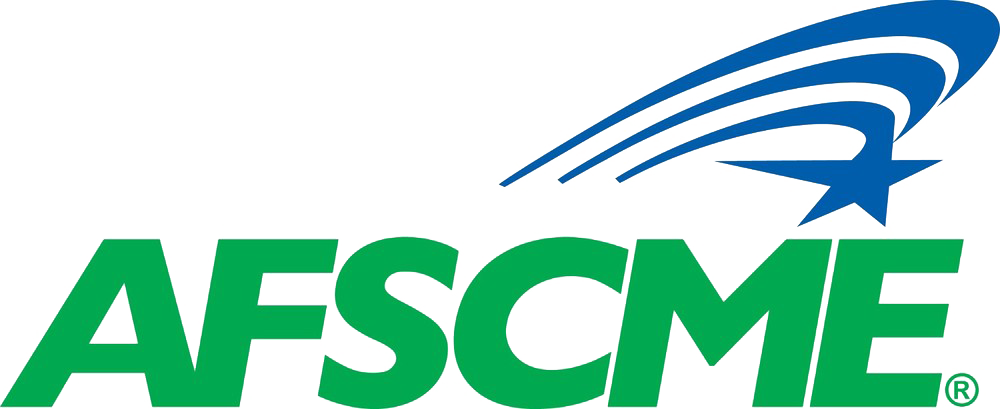Present:
Elizabeth Blomberg, Melissa Gresczyk, Connie Anderson, Molly Kennedy, Chuck Carlson, Andrew Jones, John Collins, Scott Grefe, Tom Christensen, Colleen Ryan, Rita Olson, Jennifer Frew, Tom Kolstad, Carol Olson, Tudy Fowler.
Follow Up Agenda Items:
1. Light Duty Coordination: Elizabeth Blomberg, HR will act as the SOFS coordinator for light duty assignments related to both work and non-work related injuries. Elizabeth will also act as the liaison to the work comp and leave management staff regarding these light duty assignments.
2. CRP Overtime Distribution: Thank you to AFSCME for partnering at the 9-12-12 CRP meeting where the overtime distribution process was clarified. The decision to place the process in a work rule will be discussed while reviewing other SOFS work rules.
3. Work Rule Review Process: The review process continues. To date, approximately half of the outdated or unnecessary work rules have been dropped.
Management Agenda Items:
1. Organizational Update: Management introduced their interest in having a discussion with AFSCME about the use of 8-1/2 hour shifts, moving to a 6-2 rotation, and consideration of straight shifts. The discussion was lengthy with many questions and much concern voiced by the union. Initially there was confusion about management’s intent. Clarification to the message was made; management reiterated that we want to move forward with 8-1/2 hour shifts. This will provide a structured timeframe for change of shift report as well as address other staffing/program issues. Moving to a 6-2 rotation has not yet been fully decided upon as management is looking for feedback from the union. Carol Olson’s message is that she wants SOFS to move forward with a staffing pattern that provides more uniformity for staff, more continuity on units and helps with reductions of staff injury and overtime. The use of a 6-2 rotation was an option to consider but is open to looking at other scheduling options/combinations. A separate meeting will be set dedicated solely to this issue.
AFSCME Agenda Items: The non-traditional agenda reflects actual comments/issues voice by union membership.
1. Staff Safety and Morale: a. Injury rates: Chuck asked what happens after an employee is injured. He indicated there is stress amongst employees who worry about being injured during their shift. Carol acknowledged an increased stress level amongst all staff. She stated that we have and will continue to support employees (example the use EAP). We continue to look at how seclusion and restraint is used and believes with the on-going training and coaching of staff that the frequency of injuries is going down; we’re going in the right direction. Carol stated there is also an atmosphere of bullying and fear of co-workers that is adding to the stress. She emphasized she is open to suggestions. The conversation then reverted back to the discussion on possible organizational changes. Suggestions were made to go back and look at previous reports (i.e. Benson and NASMHPD report) and create an A-team.
The union asked if it was possible to look at changing or getting out from under our current rules and regulations (Licensing, Rule 36, Joint Commission). They also talked about separating criminal behavior from those related to the patient’s diagnosis. Carol clarified, while we continuously look at how we can best serve our patients, we cannot move out from under our operating license.
John Collins asked about the implementation of Gov. Dayton’s MnSafe initiative. While a DHS communication was issued he does not believe it has been well communicated on the SOFS campus.
b. Celebrate Us: AFSCME agenda indicated there were failures to the recent “Celebrate Us”. The union indicated that Security Counselors had to stay on the units while MAPE and MMA staff accompanied patients to activities on the lower campus. Carol appreciated the feedback and reported the feedback she has received from everyone was positive.
2. Operational Issues: a. Unit minimums: John asked about the status of unit minimums. Management explained that staffing is based on unit/patient needs. Once the base staffing needs are set additional staffing needs are then based on acuity levels. For both patient and staff reasons, we need to be smarter on how we assign and utilize staff.
Due to time constraints and the targeted discussion on organizational changes the agenda was not discussed in its entirety. In closing it was emphasized that a meeting will be immediately scheduled to continue the discussion on potential organizational changes.
Next labor-Management Meeting November 8, 2012 12:30 – 3:00
